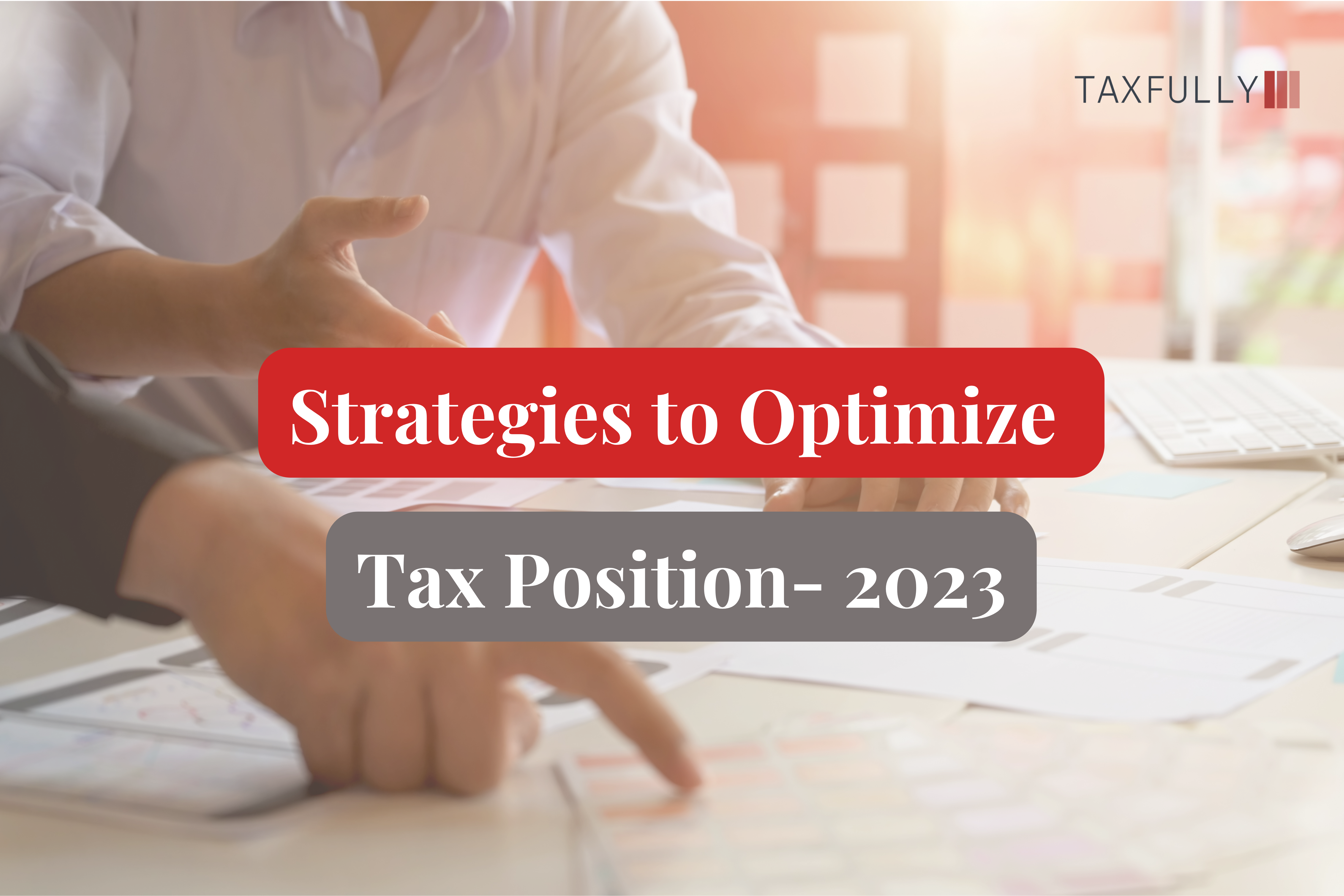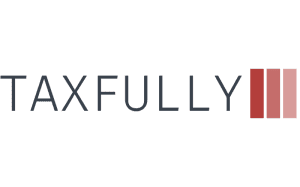As the year 2023 winds down, it’s time for taxpayers to look ahead and make smart moves that could significantly lower their tax bills. Here are 10 year-end tax strategies to consider that can optimize tax position of your business and there is a BONUS strategy for you at the end, so stick around.
1. Maximize Retirement Contributions:
Put more money into your retirement accounts, like a 401(k) or IRA which will make your retirement savings grow, and it will also lower the amount of money you have to pay taxes on. In 2023, find out the most you can put in these accounts and try to put in as much as you can.
2. Harvest Tax Losses:
If your investments are not doing well, think about selling them to record losses. These losses can balance out any profits that you might have made during the year. This method, called tax-loss harvesting, can lower the amount of money you need to pay taxes on.
3. Bunch Charitable Contributions:
If you itemize deductions, consider bunching charitable contributions that you would have made over several years into one year. This can help you surpass the standard deduction threshold and make a significant deductible charitable contribution in 2023 and definitely will optimize your tax position.
4. Consider Deferring Income:
If you think your tax rate will be lower in the coming year, it can be a good idea to delay your income until 2024. This might mean postponing bonuses, or if you work for yourself, sending out invoices later in December to move the time when you recognize your income to the following year.
5. Make Use of Annual Gift Tax Exclusion:
You have the option to give presents of a specific value to one person every year without facing gift tax. You can use this allowance to lower the amount of your estate that is subject to taxes, as gifts under this limit don’t affect your lifetime gift and estate tax exemption.
6. Optimize Deductions:
Due to the higher standard deduction, it might not be the best choice to itemize in all cases. Take a look at your possible deductions for things like medical costs, state and local taxes, mortgage interest, and more to decide if itemizing would be a good idea for your situation.
7. Flexible Spending Accounts:
When you have a Flexible Spending Account (FSA), be sure to use the remaining balance since these funds usually follow a “use it or lose it” rule. Certain plans might permit carrying over a specific amount—check the specifics of your plan.
8. Adjust Withholdings:
When you experience a major life event, like getting married, divorced, or having a new child, update your withholding to match your current circumstances. This will help you avoid unexpected issues during tax season.
9. Contribute to a Health Savings Account (HSA):
If you’re enrolled in a health plan with high deductibles, think about adding money to an HSA. Putting in contributions lowers the amount of money you’re taxed on, and the funds stay available year after year. This allows you to save for upcoming medical expenses without paying taxes on the savings.
10. Review the Tax Implications of Business Expenses:
Business owners should take this opportunity to assess potential purchases or investments and think about making them before the end of the year to benefit from tax deductions in the present year.
BONUS STRATEGY
11. Get a Professional on Board:
Hiring a tax professional is like having a trusted friend. A tax professional can sit down with you to understand your financial situation and find ways to legally reduce your tax bill. They will make sure that you are taking advantage of all available deductions and credits. Further, they will help you navigate the complex tax landscape and a better way to optimize your tax position. Schedule your FREE call today with taxfully for professional help.
By taking these steps, you can better manage your tax liabilities and potentially increase your savings. Always consult with a tax professional for personalized advice and to ensure you’re making the most of the tax laws and regulations for your situation. With careful planning and a proactive approach, you can enter 2024 in a strong financial position.
Related Article: Free Tax Consultation with Taxfully





